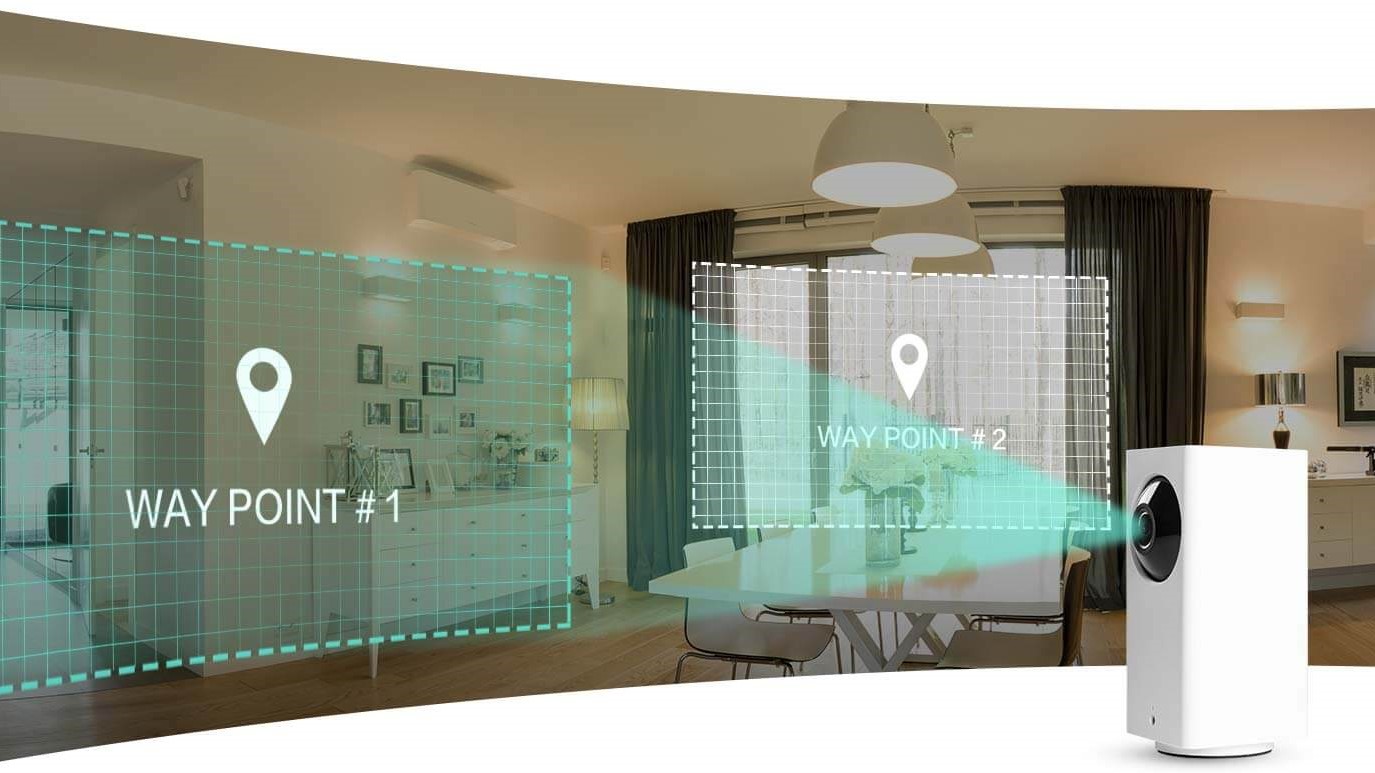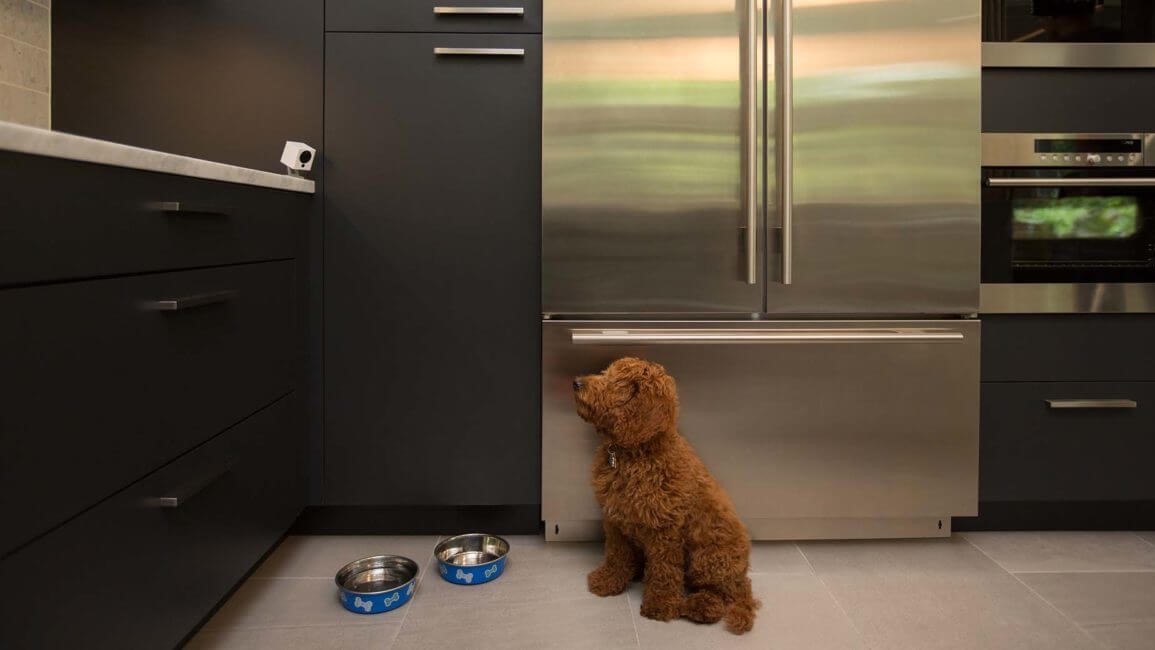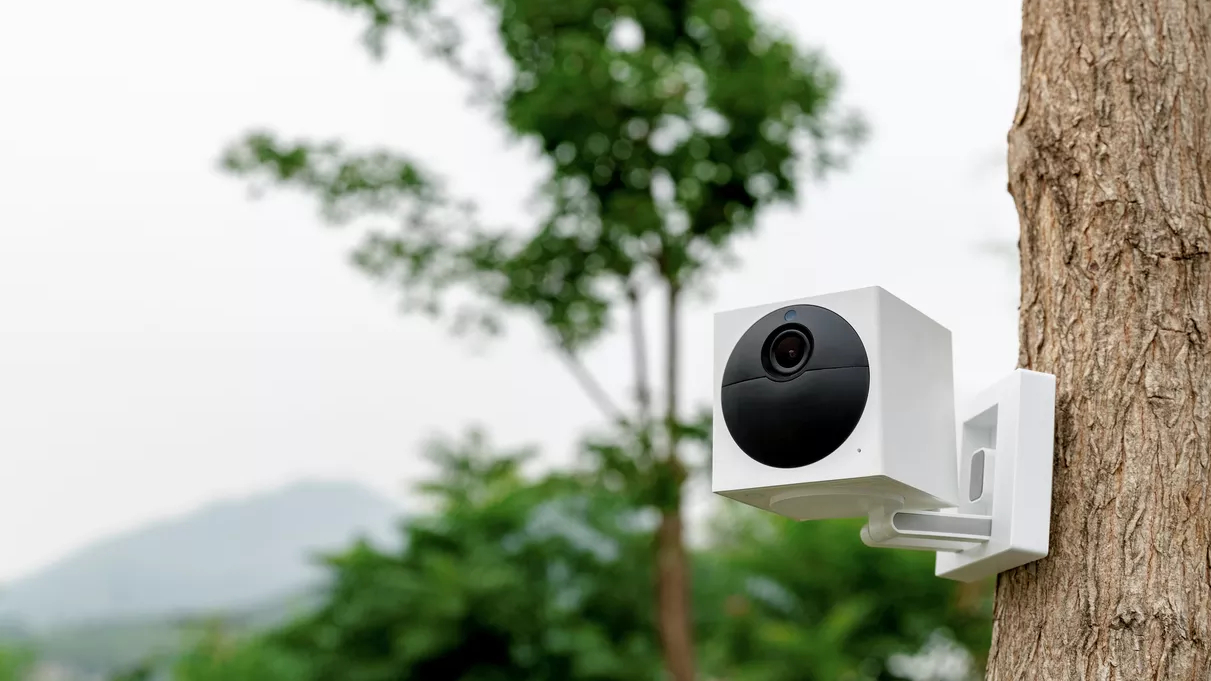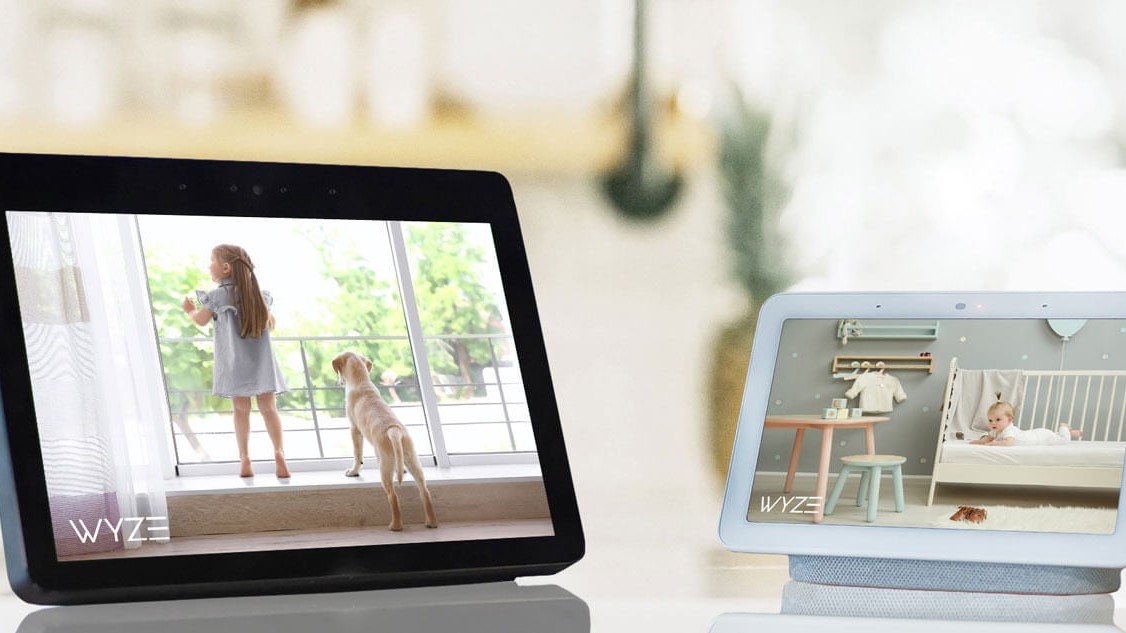Should I buy a Wyze smart security camera? A look at the budget security camera brand
You no longer need to spend a fortune protecting your home

Until a few years ago, only the very wealthy could afford their own CCTV-based security system. Most installations were carried out by professional security firms, usually involved miles of cabling, dozens of screens and a hard-drive recorder or PC. In short, they were expensive and a hassle to get setup.
Thankfully, these days smart home security cameras are much simpler – and cheaper. Instead of an expensive system, you can now keep an eye on your property remotely via a smart security camera connected to your smartphone or laptop. For home security enthusiasts, solutions like these are the best way to keep an eye on your home without spending much.
What is a smart security camera?
Why you can trust TechRadar
There are a number of differences between conventional security systems and smart cameras, apart from price. One of the main ones is that smart cameras are usually triggered by movement. Rather than recording constantly to a hard drive or PC, smart security cameras usually stream footage to the cloud when they sense either a person or object moving into view.
Some are even more sophisticated using facial recognition to distinguish between certain faces or even heat-sensing technology in order to tell the difference between a human being and, say, a passing car. Key to a smart security camera is its interface with other smart devices, such as a mobile phone or tablet as well as, increasingly, voice activated devices such as Amazon Alexa or Google Home. This is usually via the home’s WiFi network.
Using an Android or iOS app, users receive alerts – usually via push notifications on their phone - when their smart security camera senses movement. They can then choose to watch the footage, even sometimes speak to a person on their doorstep to tell them, for example, where to put a package. Usually short video clips can be stored free of charge in the cloud for a limited time period. However if you want to keep them for longer it’s often possible to store them to your phone or sometimes to the camera’s SD card if it has a slot.
Various types of smart security cameras are now available. Some are designed to be used inside the home, others are waterproof for use outside the home, even in extreme conditions. Other differences include how they are powered with some requiring hard wiring to the mains and others powered by standard AA or AAA batteries or a built-in rechargeable Lithium Ion battery.

Who is Wyze?
Wyze is one of the leading specialists in affordable smart security cameras in the US. Based in Seattle, it’s a small start-up founded by four Amazon engineers. Its products are only currently officially available in the US and Canada, but it looks like you might be able to buy one in the UK on Amazon, too.
Launched in 2017 Wyze’s first product was the original Wyze Cam. An indoor device many considered ahead of its time, the Wyze Cam provided 14 days of free cloud storage (greater than Amazon Web Services at the time) as well as the option of streaming footage to a SD card.
Following a year later, the second version incorporates a better, more sensitive camera sensor for capturing footage at night and during the day as well as 1080p Full HD. It also boasts much better sound quality (including two-way audio) and motion tagging. Yet despite all of these features, the price of the Wyze Cam V2 remains extremely competitive. Available in either a white or black finish, it will set you back just $19.99 on the Wyze Cam website.

Need an outdoor camera? Wyze has you covered
Want to protect the outside of your home? Then you’ll need a security camera that can withstand the elements. Announced in July 2020, the Wyze Cam Outdoor comprises a weather-resistant IP65 camera which will continue operating in blizzards, downpours and heatwaves.
Both wire-free and powered by rechargeable batteries capable of lasting between 3 and 6 months on a single charge, the Wyze Cam can be mounted just about anywhere. Features include two-way audio, high definition 1080p video with night vision and recording onto a Micro SD card for when you don’t have an internet connection. Motion detection also uses body heat so there is little chance of this smart camera recording accidentally if it senses the movement of, say, a branch on a tree.
Usefully, up to four cameras can be connected to a single base station with the Outdoor starter bundle comprising one camera plus base station for $49.99 (it is available to pre-order here). Additional outdoor cameras are available for $39.00.
Nor are the Wyze Cam and Wyze Cam Outdoor the only products in the line-up worth checking out. Others include the $29.99 Wyze Cam Pan which automatically detects, tags and tracks motion within its field of view as well as contact and motion sensors for your home (Wyze Sense) that can be used in conjunction with the smart security camera range.

Is it worth buying a Wyze camera?
If you’re looking for smart security set-up but don’t have a massive budget then Wyze is definitely a name you should check out. In a short space of time, the Seattle-based start-up has gained a solid reputation for producing excellent value for money home security products.
Whereas once you had to spend an absolute fortune on home security, Wyze has disrupted the market with extremely affordable products that are both solidly built as well as packed full of features. Despite the low price tag, all of the cameras offer at least some free storage in the cloud as well as providing high definition video and two-way audio.
Protecting your home has never been so easy – or so reasonably priced.
- Don't miss our guide to the best home security cameras
Sign up for breaking news, reviews, opinion, top tech deals, and more.

Over 25 years experience as a staff and freelance journalist. Currently working freelance for The Daily Telegraph, writing technology content for the newspaper as well as working with their clients (Vodafone Microsoft, Nokia, SAP, DXC, BAE Systems) on branded content.